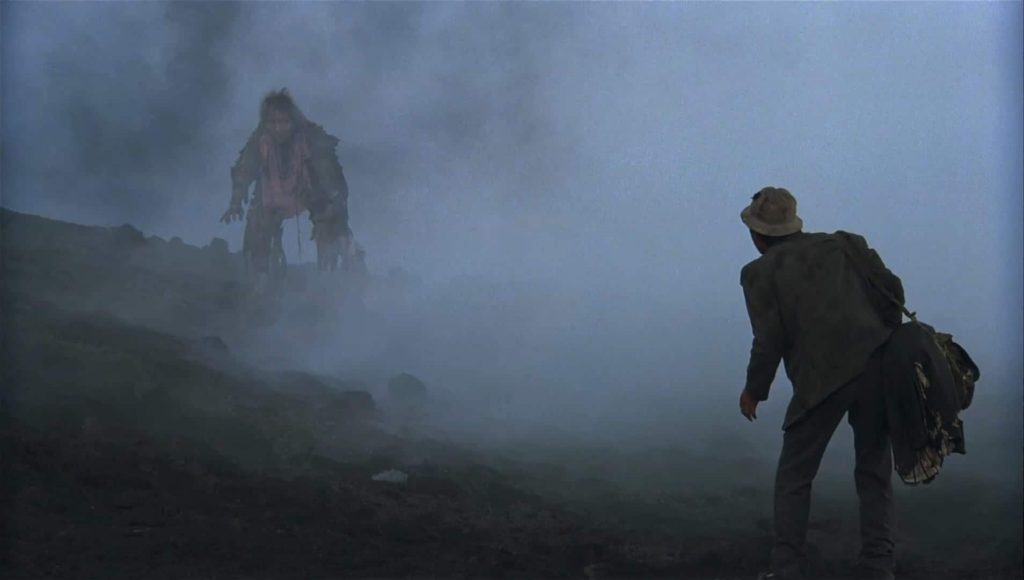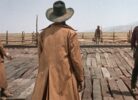To celebrate the upcoming release of my book, Akira Kurosawa: A Viewer’s Guide, due out Dec. 15 from Rowman & Littlefield — preorder here! — I’ll be doing capsule reviews all month covering every single Kurosawa film and posting (very) brief excerpts. These will be short impressions and recommendations, nothing more. For a full, detailed analysis of each, grab the book!
Dreams (1990)
It would perhaps be overstating the case to call Dreams the final masterpiece by Akira Kurosawa, as this anthology of short films doesn’t quite rise to the level of his greatest works, but at times it comes pretty damn close.
Dreams, sometimes called Akira Kurosawa’s Dreams, is a collection of loosely connected short films that have some similarity of theme (most either take stock of the past or express uncertainty about the future) but that otherwise stand distinct from one another. The only real connective tissue between them all is a character called “I,” meant to be a kind of fictional representation of Akira Kurosawa himself.
The stories are general fantastical in nature, with dolls come to life, frightful mountain spirits, undead soldiers, and nuclear-spawned demons. Yes, that’s all a far cry from the grounded realism of most of Kurosawa’s work! But doesn’t that reflect the nature of dreams? (See Whispers of the Old Hag for my own odd experiences with sleep and dreams.)
Perhaps most interesting is the degree to which Dreams is a window into Kurosawa’s mind. These stories are not just fantastic for the sake of being so. Each grapples with very real issues, such as environmental catastrophe, truth, and the importance of one’s legacy. From the book:
To understand the heart and mind of the man who brought us stories about trying to find meaning in one’s life (Ikiru), how people will use what you provide then cast you away (Seven Samurai), how the powerful destroy lives (The Bad Sleep Well, among many others), and about how death is not something to be celebrated (Sanjuro) but that it also cannot stop one from living (The Lower Depths), one must look into his dreams.
Though this film is a much different beast than most of the director’s work, it’s still an easy one to recommend. The visuals are lush and captivating. Each story is compelling, and if you find one that doesn’t capture your attention, no worries. It will be over in 10 minutes and you can move on to the next. Plus, the themes of regret, uncertainty, and hopefulness resonate strongly. In years to come, I suspect this film will be more highly regarded than it is today.
Check out my upcoming book for a full analysis exploring this film’s ideas, themes, good points, and bad
You can get the movie in this excellent home release by the Criterion Collection.








Pingback: A Month of Kurosawa: Rhapsody in August (1991) – ERIC SAN JUAN